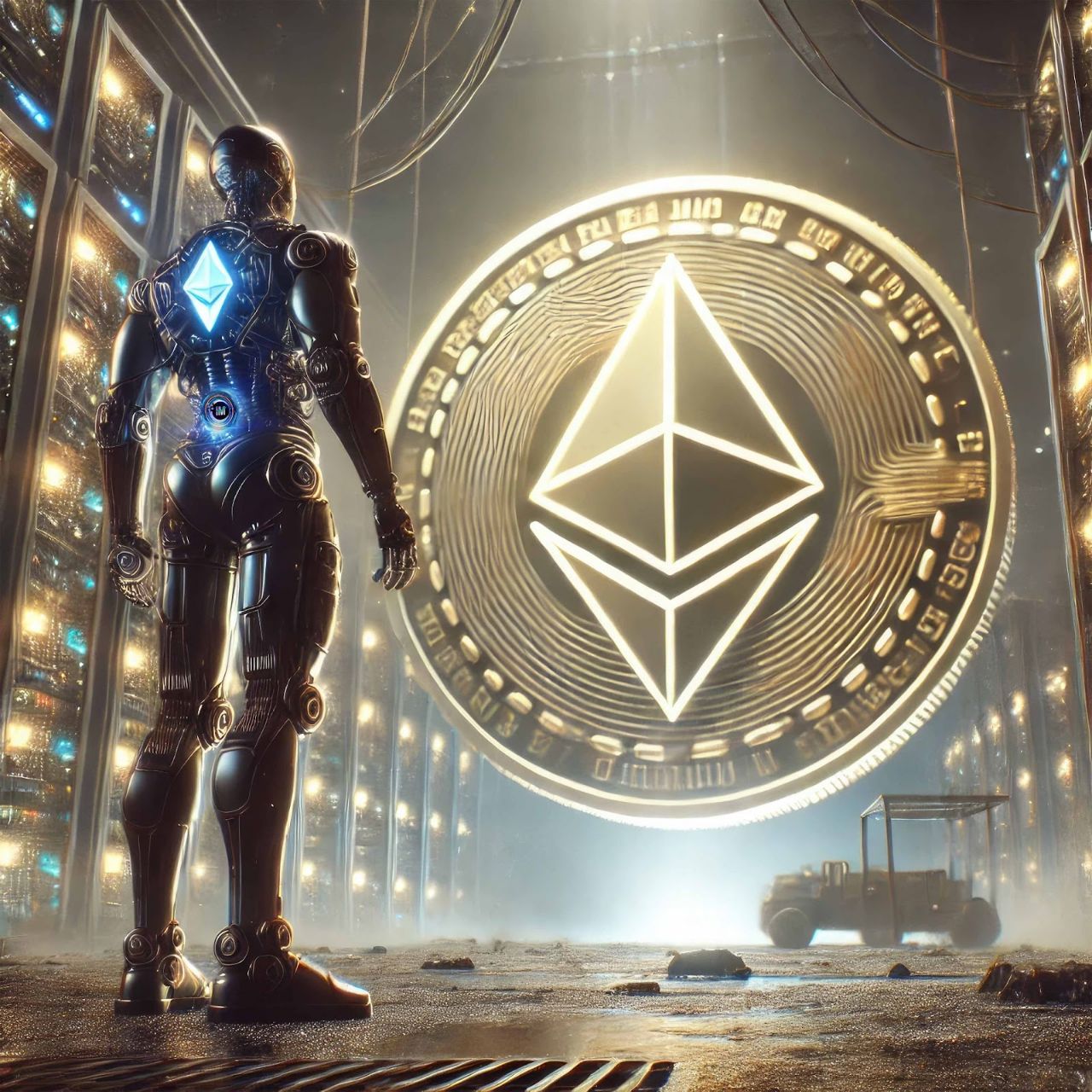
The gaming industry has long stood at the forefront of technological innovation, evolving from the era of pixelated graphics to today’s hyper-realistic visuals that can easily be mistaken for real life. Yet, the advancements in graphics and processing power are merely the tip of the iceberg. Emerging technologies are now revolutionizing not just the way games are developed and played, but also how gaming communities interact, how the industry operates economically, and how users experience games on a holistic level. With that in mind, let’s delve deeper into seven transformative technologies reshaping gaming for the better.
### Blockchain Technology
Blockchain technology is fundamentally altering the landscape of both the financial aspects and player experiences in gaming. By decentralizing gaming platforms, blockchain introduces entirely new dimensions in game monetization and player engagement. Cryptocurrencies like Bitcoin, Ether, and Solana have gained immense popularity in the iGaming industry. Their success has even led to specialized online casinos that exclusively use these digital currencies.
Solana, known for its blazing transaction speeds, is increasingly favored by game developers across diverse genres such as battle royales, sci-fi, and iGaming. According to crypto expert Kane Pepi, platforms accepting Solana offer decentralized transactions, anonymous play, and quicker signup processes. The blockchain’s capacity to create scalable decentralized applications (dApps) enables developers to offer benefits like affordable gaming and true ownership of in-game assets. On Solana’s network, lower gas fees and NFT integration allow gamers to own digital assets like coins and weapons, translating this ownership into real-world digital assets.
### Artificial Intelligence (AI)
Artificial Intelligence has been a cornerstone of gaming since the inception of computerized opponents. However, its role has expanded significantly beyond just controlling enemy behavior. Modern AI technologies now create complex, realistic environments and responsive non-playable characters (NPCs) that adapt to player actions in real-time. AI is also leveraged to personalize gaming experiences by altering gameplay dynamics to suit individual playing styles or adjusting difficulty levels accordingly. AI-driven procedural content generation produces vast, immersive worlds that make each playthrough unique and compelling.
### Cloud Gaming
Cloud gaming technology has revolutionized how players access and enjoy games by offloading heavy computational workloads to remote servers. This advancement allows gamers to play high-quality titles on virtually any device with a stable internet connection, eliminating the need for powerful PCs or consoles. Cloud gaming platforms have democratized access to AAA titles, enabling play on smartphones, tablets, and low-spec laptops, thus making high-quality gaming more affordable and accessible.
### Virtual Reality (VR)
Although Virtual Reality has been around for some time, recent technological advancements and affordable hardware have propelled VR into mainstream gaming. Today’s VR headsets bring immersive gaming experiences right into our living rooms, allowing physical interaction with virtual environments—a concept once confined to sci-fi movies and books. The most significant benefit of VR technology is its shift towards more physically engaging and socially interactive experiences, moving away from the traditional image of solitary gamers.
### 5G Networks
The global rollout of 5G networks is having a monumental impact on online and mobile gaming. The low-latency and ultra-high speeds of 5G make real-time gaming experiences possible, overcoming previous network limitations. Gamers now enjoy seamless, high-definition streaming and near-instantaneous response times essential for cloud gaming and competitive multiplayer games. Beyond performance improvements, 5G is driving innovations in gaming formats like advanced virtual reality experiences and the rise of mobile esports, benefiting from increased bandwidth.
### Augmented Reality (AR) Cloud
AR Cloud technology is a blend of augmented reality (AR), virtual reality (VR), mixed reality (MR), and cloud computing that creates a shared digital data layer over the real world. In gaming, AR Cloud facilitates persistent shared experiences where multiple users can interact simultaneously. Companies like Niantic, creators of Pokémon GO, are pioneering this field by investing heavily in AR Cloud technology to create a real-world metaverse that seamlessly blends physical and digital realities.
### Haptic Feedback
While graphics and sound have traditionally dominated immersive gaming experiences, touch has recently garnered more attention with the advent of haptic feedback technology. Haptic feedback stimulates the sense of touch through vibrations and other sensations integrated into gaming hardware. Advanced haptic controllers like PlayStation 5’s DualSense provide tactile experiences that mimic everything from explosions to the tension of drawing a bowstring. VR gloves equipped with haptic technology further enhance interaction with virtual environments by enabling a sense of touch.
As we conclude this exploration, it becomes clear that the continuous evolution of the gaming industry is driven by technological advancements that redefine possibilities. While much focus has been placed on innovations in graphics and processing power, it’s essential to recognize how these emerging technologies—blockchain, AI, cloud gaming, VR, 5G networks, AR Cloud, and haptic feedback—are collectively enhancing gaming experiences in ways previously unimaginable.



